
Being a Midwesterner transplanted to Washington's Shaw neighborhood, I was interested to hear Mayor Marion Barry's recent pronouncement that D.C. is safer than Topeka. While I love my house and my neighbors, and I have felt personally safe most of the time, I have also been closer to more shootings here than I ever was as a journalist in Baghdad or Haiti.
Soon after I moved in two-and-a-half years ago, the yellow crime-scene tape fluttered in the hot breeze on my street. Strung from the street signs to the door of an abandoned Victorian town house and blocking traffic, it gave the street an unintentionally festive air. The square it defined might have contained a used-car lot or a street fair or an ice cream social. A crowd gathered, adding to the carnival atmosphere. A sense of community descended briefly.
Being a Midwesterner transplanted to Washington's Shaw neighborhood, I was interested to hear Mayor Marion Barry's recent pronouncement that D.C. is safer than Topeka. While I love my house and my neighbors, and I have felt personally safe most of the time, I have also been closer to more shootings here than I ever was as a journalist in Baghdad or Haiti.
Soon after I moved in two-and-a-half years ago, the yellow crime-scene tape fluttered in the hot breeze on my street. Strung from the street signs to the door of an abandoned Victorian town house and blocking traffic, it gave the street an unintentionally festive air. The square it defined might have contained a used-car lot or a street fair or an ice cream social. A crowd gathered, adding to the carnival atmosphere. A sense of community descended briefly.
The body was still there in one corner of the yellow-tape square, in the gutter in front of a parked car. He was a man, black, young. Less than half an hour before, he was alive in his white T-shirt and blue jeans. One tennis shoe was on, one socked foot visible. Where did the other shoe go? Did it fall off when one of the five shots I heard struck him, flipping him into the air, back and down into the gutter where he lay? Or did he take it off to retrieve something inside it, something he was shot for in the midday sun?
A wailing sound. It came from a tired-looking woman in a striped housedress. "The mother," the crowd murmured, awash in vicarious grief. She stood outside the yellow tape, and once in a while, someone touched her. But no one seemed to know what to do about her, not even the battalion of uniformed police milling around the body of the young man. She wailed and moaned and contorted her body and fell on the pavement, head in hands.
I have loved my house. To some, it is in the "historic" Shaw district; to others, it's on the wrong side of 14th Street. The houses are beautiful antiques from the turn of the century. Some are fixed up, others are abandoned. What I presume to be a gang symbol or maybe just someone's initials, "NTN," is splattered all over the abandoned ones. What does it mean, I have often wondered: "Not Too Nice" or "Nathan T. Nobody"? Or, in response to Mayor Barry, "Not Topeka Now"?
My back yard is inviting. It has four trees with different-colored petals in the spring that fall softly onto the grass when the wind picks up. Cardinals, mourning doves, sparrows and a family of crows nest in them. One of last spring's baby crows spent two days on our porch and the porches of neighbors,perched on the railings, petrified of flying, as its parents cawed insistently from a rooftop. We all put out food for it, and watched. One evening we saw a small crow fly from our roof to one across the street, clumsily, tossed hard by the wind, but making it. Birds do well here, and stray kittens too. Neighbors pull together for small, lost things. It is young men no one seems to know how to protect.
My street is five minutes from the White House and the U.S. Capitol building; my job as a journalist often took me inside those places, the laminated pass of automatic access swinging from my neck, a talisman of privilege. I covered news conferences and heard about the merits or demerits of welfare and the best way to deal with urban crime. In time, those issues came to seem the subtext of everything else: budget battles, health care, Democrats versus Republicans. At night, I returned to the parallel universe, one that existed by day only on paper and in rhetoric.
As far as I know, the gunfighters killed two young men on my block after I moved in, and injured one. I know that because I actually heard the shots and watched the police come. I don't know what happened when I was not home; none of the shootings seemed to make the news.
Shots were fired within yards of my back fence. I'd never fired a gun but I recognized the noise and instinctively got down on my knees. A young woman that night hysterically told the police, "He shot first and asked questions later." Soon, the neighborhood grapevine bore the news that the man had survived a gut wound.
A few weeks later, I was eating dinner when I heard a single crack break the twilight silence. Around the corner the yellow tape went up, surrounded by a squadron of police cars, all idling and lights flashing. "It's just a boy," people were saying to each other, in that lightning, haphazard way news travels through crowds. "Fourteen." "No, sixteen." In the alley, next to the police car, a fallen bicycle was visible, one of those single-speed jobs with spider handlebars so good for jumping stumps and curbs.
I thought of a boy I'd seen on that kind of bike on my street a few days before. He seemed almost, but not quite, too old for the bike. The dead boy might have been he. Across the street, another woman was wailing outside the yellow tape, falling down in grief.
Murdered bodies remain on the ground for a long time -- hours -- so police can collect all that evidence. They pull up shirts and measure bullet holes. They measure the distance between shells and pieces of brain. They make white chalk marks on the street. They photograph the still-warm deceased. The blood looks a lot like TV blood.
If the killing happened in daylight or before bedtime, the children watch the aftermath. They stand wide-eyed outside the yellow tape or wriggle in their parents' arms. They grow used to it. I met a little boy one day playing near some yellow tape around a construction site. He pointed to it and said, "Someone got shot." "No," I said, "they're building something."
But what do I know?
In this city, thousands of people are paid a lot of money to figure out what's gone wrong in urban America. The problem is right outside their downtown offices but is usually discussed in abstract. The public servants and consultants across the so-called political spectrum write press releases and reports about how to fix welfare or child abuse or unemployment or education. Their missives used to wind up in my office mailbox, whole packets of them piled up all the time, paper gambits in an endless political game, I knew some of their authors, lunched with them at posh eateries, interviewed them in their offices. Some were earnest and dedicated, some were hacks awaiting a better political appointment.But as far as I could tell, none of them lived in this part of Washington. They couldn't wonder about "NTN," that communique from another world, or make eye contact with the poor and angry on their way home after work. They certainly didn't send their children to the school around the corner, the one President Clinton and his wife visited a few months ago. Not one of the students there is white. So much for the ideal of integration.
Colleagues were surprised at where I chose to live. If they came over for dinner, they didn't like to drive their cars. They occasionally advised me to move. Cabdrivers, when I gave them my address, sometimes offered the same unsolicited advice, in thick accents full of alarm.
Fear is the old feudal moat in reverse. Having crossed it, I liked my street and my neighbors. Most of them got up every morning and went to work. Some of them didn't. If I left the car lights on or a package came while I was out, one of those mothers -- one with so many kids who sat on her stoop all day, one whose welfare money was the subject of so much debate last year in conference rooms she will never enter -- invariably came over and knocked on my door. Her kids were little and some of them weren't even hers; they belonged to her teenage daughter. Her oldest son was shot to death two years ago in another neighborhood.
I have learned, like many before me, that Washington is two cities, although only one tale is usually told. Neither is Topeka. I feel privileged to have crossed the moat of fear, as privileged as I was to enter the White House. It has deepened my understanding and compassion. I will be leaving soon, this house, this neighborhood and this city. I have that option and have always had it. Others do not.


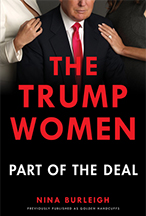
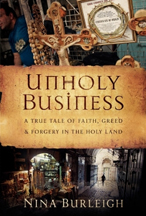
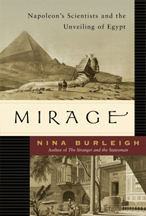
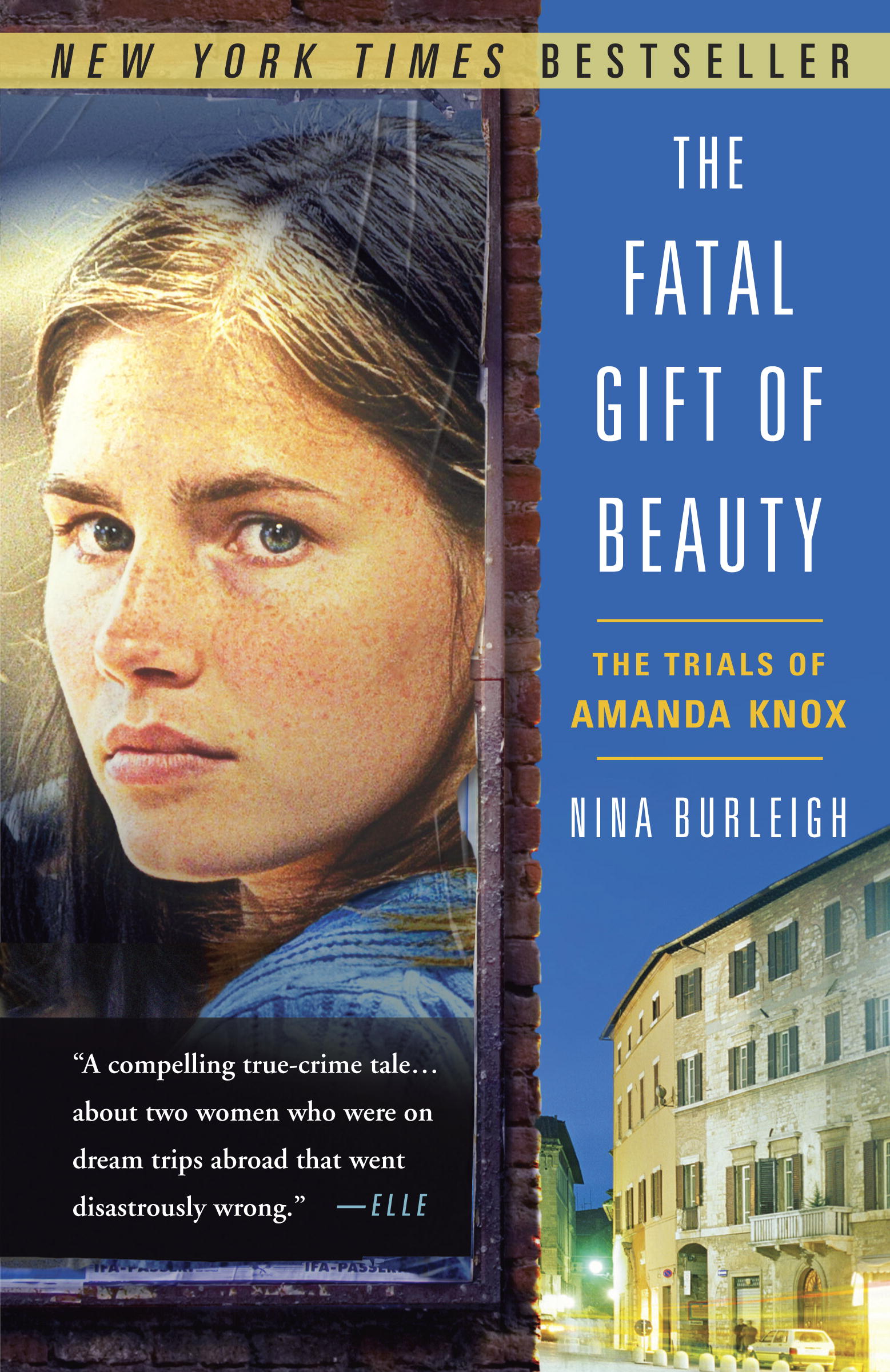
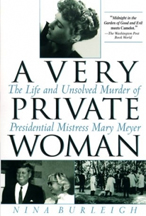
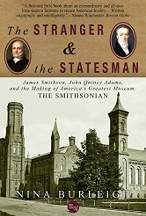

as a newbie to crypto i lost alot of money, I would like to express my gratitude to Expert Bernie Doran for their exceptional assistance in recovering my funds from a forex broker. Their expertise and professionalism in navigating the complex process were truly commendable. Through their guidance and relentless efforts, I was able to successfully retrieve my funds of $150,000 providing me with much-needed relief. I highly recommend him on Gmail [email protected] to anyone facing similar challenges, as their dedication and commitment to helping clients are truly impressive. Thank you, Bernie doran, for your invaluable support in resolving this matter